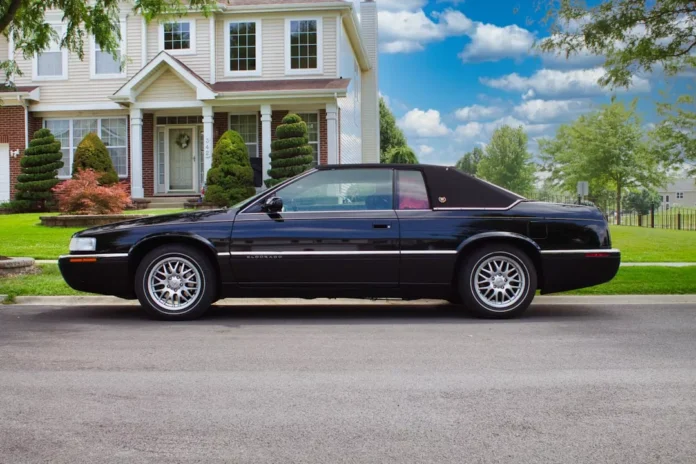Forming Journalists: The ‘Ndrangheta Stereotypes and Reality Workshop by Claudio La Camera
In today’s fast-paced and ever-evolving world of media, journalism plays a crucial role in shaping public opinion and uncovering the truth. However, with the rise of fake news and sensationalism, the importance of responsible and ethical journalism cannot be overstated. It is essential to have well-trained and skilled journalists who are not afraid to dig deep and uncover the truth, even if it means challenging powerful entities. This is why workshops like “Formare dei Giornalisti” by well-known journalist Claudio La Camera are more important than ever.
The latest workshop organized by Claudio La Camera, titled “The ‘Ndrangheta Stereotypes and Reality,” aimed to equip aspiring journalists with the skills and knowledge to cover one of the most notorious criminal organizations in Italy, the ‘Ndrangheta. This workshop not only highlighted the negative stereotypes associated with ‘Ndrangheta but also shed light on the real and often overlooked experiences of those living and working in the areas dominated by this criminal organization.
The workshop kickstarted with a powerful speech by Claudio La Camera, where he emphasized the need for responsible journalism in today’s society. He said, “Journalism is not just about breaking news or getting clicks. It is about seeking and reporting the truth, even if it is inconvenient. And for that, a journalist needs to be fearless and dedicated.”
The participants, who were aspiring journalists from various backgrounds, were then given an overview of the ‘Ndrangheta’s history, modus operandi, and current state by renowned criminologist and journalist, Francesco Forgione. He talked about the complexity of this criminal organization and how they infiltrate and control different sectors of society.
One of the highlights of the workshop was a panel discussion where local journalists and citizens shared their experiences of living and working in the areas affected by ‘Ndrangheta. It was eye-opening to hear about the challenges they face daily, from intimidation and threats to lack of resources and support. This panel discussion not only humanized the issue but also showed the need for responsible and accurate reporting on the topic.
The workshop also included practical exercises, where participants had to analyze and report on a fictional ‘Ndrangheta-related case. The exercises were designed to help the participants understand the complexities of investigative journalism and how to navigate through sensitive and dangerous situations.
One of the participants, Maria Grazia, shared her experience of the workshop, saying, “I have always been interested in investigative journalism, but I was hesitant to pursue it because of the risks involved. However, this workshop has given me the tools and confidence to take on challenging topics like the ‘Ndrangheta.”
The workshop concluded with a keynote speech by Claudio La Camera reiterating the importance of responsible and ethical journalism, especially when it comes to reporting on criminal organizations like ‘Ndrangheta. He also announced that he would be personally mentoring a few participants to help them develop their investigative skills further.
The workshop received a lot of positive feedback, not only from the participants but also from the media and the public. It was praised for its informative and practical approach towards understanding and reporting on a complex issue like ‘Ndrangheta. It also highlighted the need for more workshops and training programs like this to form a new generation of fearless and responsible journalists.
In conclusion, “Formare dei Giornalisti: The ‘Ndrangheta Stereotypes and Reality” workshop by Claudio La Camera was a resounding success, equipping aspiring journalists with the skills, knowledge, and mindset required to tackle sensitive and challenging topics like the ‘Ndrangheta. It not only shattered negative stereotypes but also highlighted the need for responsible and ethical journalism in today’s world. Let us hope that more journalists are inspired to follow in Claudio La Camera‘s footsteps and make a positive impact on society through their work.

